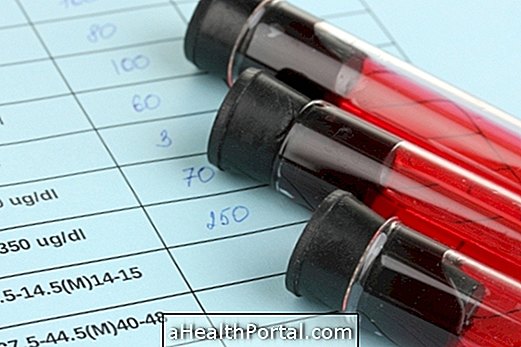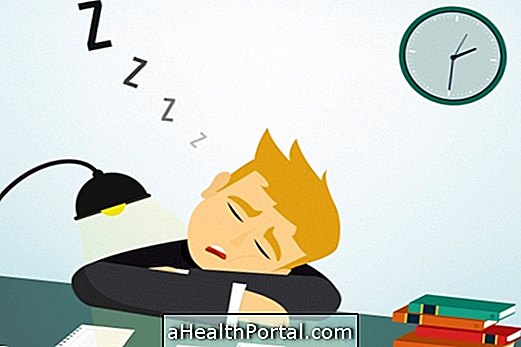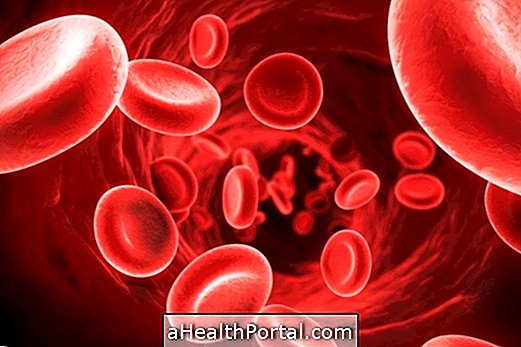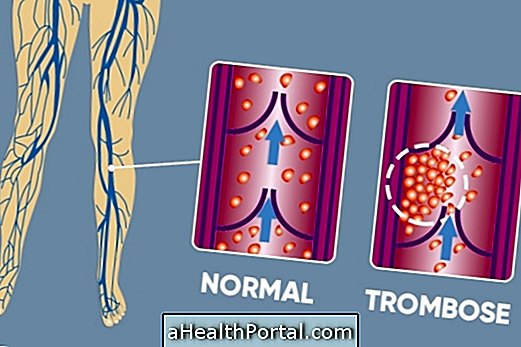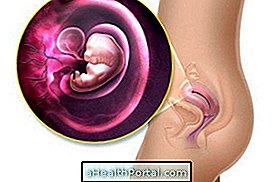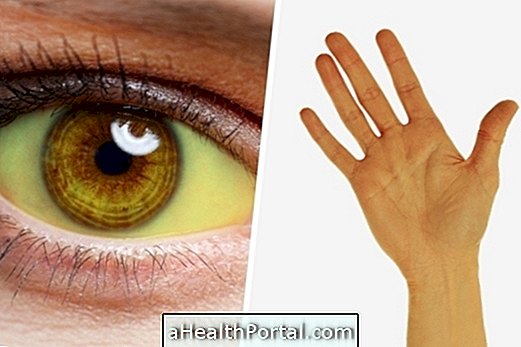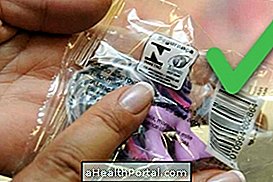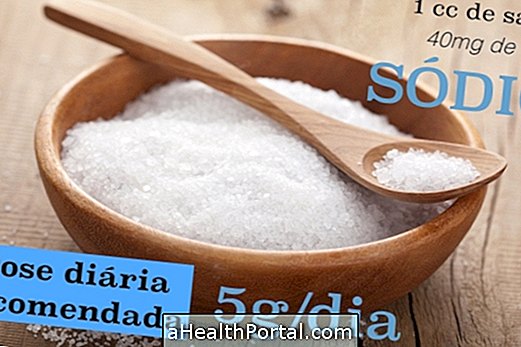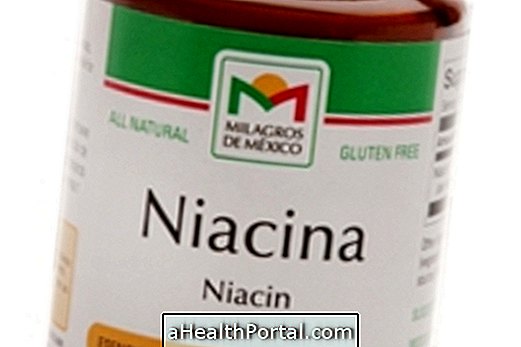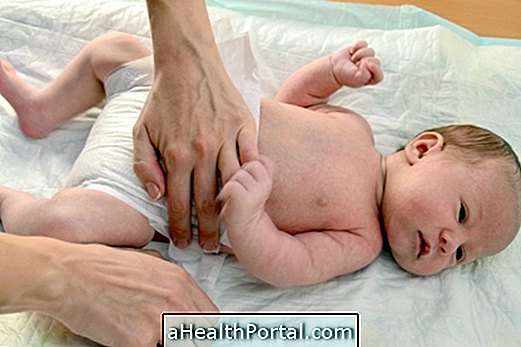Hypocalcaemia is the decrease in blood calcium levels, which most often does not cause any symptoms, and is usually identified in the blood test result. However, when the amount of calcium is too low, severe symptoms such as muscle spasms, mental confusion, and seizures can occur.
Hypocalcemia usually arises when the body can not maintain normal circulating levels of free calcium, as in hypoparathyroidism or lack of vitamin D, for example, and treatment is done according to the cause, taking into account the severity of the disease. and whether or not there are symptoms, requiring the supplementation of calcium salts.
Calcium is a mineral essential for bone health and metabolism of the body, and its blood levels are regulated essentially by the parathyroid gland and vitamin D, which balance the absorption of calcium in the diet, the distribution in the bones and in the body or its elimination by the kidneys. Check out more about the functions and benefit of calcium for the body.
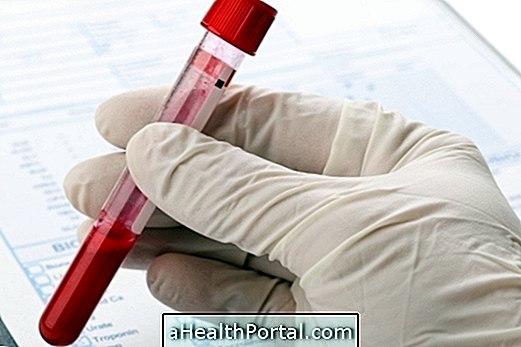
What are the causes
The main causes of hypocalcemia include:
- Hypoparathyroidism, especially when there is injury or removal of parathyroid glands, which can happen by surgery on the neck, such as during thyroid withdrawal, or irradiation during cancer treatment, for example;
- Pseudohypoparathyroidism, when the body loses its sensitivity and can not respond to the levels of PTH, which is the parathyroid hormone;
- Deficiencies in the development of parathyroid glands, such as DiGeorge syndrome, which affects babies;
- Vitamin D deficiency;
- Low intake or malabsorption of calcium;
- Renal diseases, which make it difficult to activate vitamin D and may cause increased excretion of calcium in the urine;
- Side effect of certain medications, such as Asparginase, Cisplatin, Rifampicin, Ketoconazole, anticonvulsants or bisphosphonates, for example;
- Changes in the levels of other minerals that interfere with calcium levels, such as excess phosphate or lack of magnesium;
- Chronic alcoholism.
In addition, hypocalcemia may be a complication of acute pancreatitis because the fatty acids released by the inflamed pancreas may interfere with the amount of calcium.
How to confirm
Hypocalcaemia is diagnosed by the measurement of free calcium in the blood, called ionic calcium, which is below normal levels, which should be between 4 to 5 mg / dl and the total calcium dosage indicates that it is missing when below 8, 5mg / dl. However, these values may vary according to the laboratory performing the examination. Also check what happens when there is excess calcium in the blood.
However, your doctor may still need to check your kidneys, hormones, and levels of other blood components such as PTH, vitamin D, phosphorus, and magnesium, for example, to identify the possible cause of the problem.
What are the main symptoms
Although hypocalcemia does not present symptoms in milder cases, when calcium levels get too low or drop abruptly, signs such as:
- Muscle cramps and spasms;
- Tingling in the mouth, hands and feet;
- Convulsions;
- Sweating;
- Nausea and vomiting;
- Abdominal cramps;
- Asthma attack.
When hypocalcemia is chronic and appears gradually, as in hypoparathyroidism, dry skin, brittle nails, hair loss and erosion of teeth may also be noted, as well as nervousness, anxiety, confusion, memory impairment, and tremors. Learn about other common symptoms of this problem.
How is the treatment done?
Treatment of hypocalcemia depends on the cause, severity of the condition, and the presence or absence of symptoms. When severe hypocalcaemia is present and with symptoms, calcium replacement, such as calcium gluconate or calcium chloride, is required in the vein until symptoms are alleviated.
In cases of mild hypocalcaemia, calcium supplements and increased calcium intake may be indicated. Here's a list of foods that should be eaten.
It is also necessary to investigate the cause and resolve it, which may include the replacement of magnesium, vitamin D, and treatment of renal or parathyroid disorders, if they are the reason for hypocalcemia.
